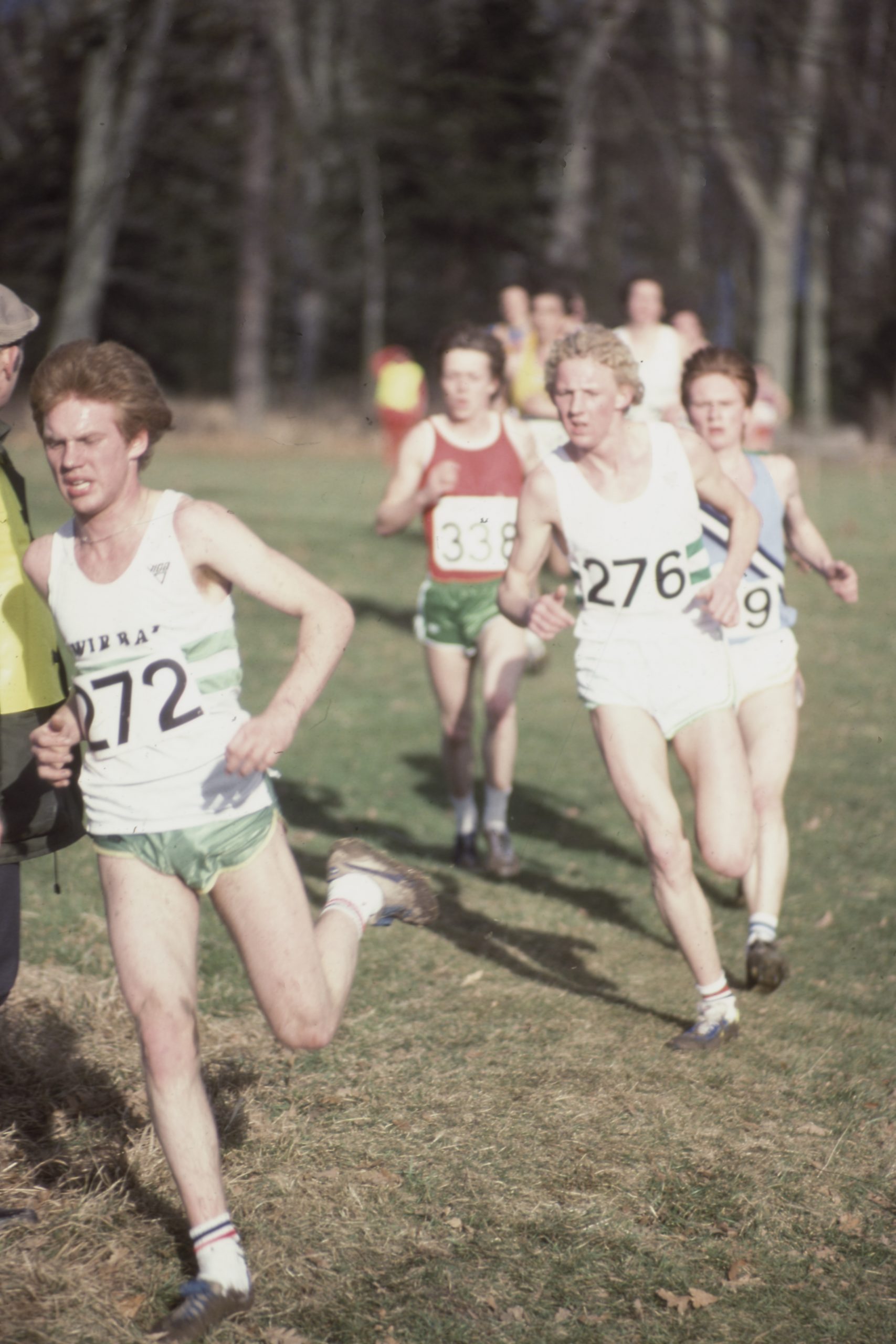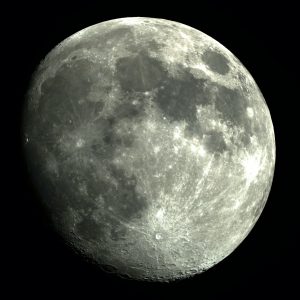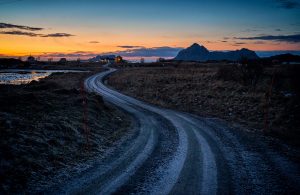Is Galicia in Basque country? – this is a tough one, to be honest. There are plenty of Basque towns and villages, and also in the Basque Country there are large numbers of immigrants who came to the Spanish Empire to escape the savagery of their native lands. However, there are also many Basque surnames, e.g.
There are also Basque surnames that aren’t usually found in Spain, for example
There are two main religious groups in Galicia: the Basque and the Catholic. The Basque Country has been Catholic for almost three centuries, after all. However, the rise of nationalism in the 19th century and resistance from within the Basque Country led to the suppression of the Catholic Church in the early 20th century.
Church attendance has remained relatively constant over the decades, at around a third of the total (circa 1590) or about a fifth of the total (circa 1860) Catholics in Spain. Moreover, attendance has risen steadily since the 1960s: from about a quarter of the total in the early 1960s, it rose to roughly 45% today.
The Basque Country has two other main religious traditions: the Basque and the Catholic. The Basque Country has a long history of religious pluralism, with several Christian monasteries remaining in the area after Roman times. There are also traditions of worship from Judaism to Islam, as well as a number of regional traditions.
Despite being identified as a Basque Country from the outset, the Spanish Basque Country has not received the same level of official recognition as its northern neighbour. Officially, the Basque Country is only considered part of Spain if one travels to other regions, and only if one does not include Navarre.
The Basque Country has an official language, a written tradition dating back to the 12th century and an official climate-history until the 19th century, when official recognition was granted to Basque as a second language.
Is Galicia in Basque country?
Galicia is a ‘Regional Language’ in Basque country. It is not a Basque language, and it is not a Celtic language. It has been in use for thousands of years, and it has continuity with the people who were in control of the Basque country since the 12th century.
It has a written and oral history stretching back to the 12th century, when Basque was still a spoken language in all of Galicia. In the 15th century, during the so-called
In the second half of the 20th century, the Basque speaking north of the mountains became increasingly numerous, and the Basque Country became increasingly unified. The
In the first half of the 21st century, as the Basque Country began to recover its self-respect, some Basque nationalists began to speak of a renewed revival of the Basque language, or at least a revival of the
The Basque Country is a region in Spain with a Basque language, Basque regional language, and culture. It comprises not only the provinces of Pamplona (Araba), Zaragoza (Bizkaia), Navarre (Pinillos), Lyons (Magdalena) and Madeira, but also the towns of
, Bizkaia, SdC, and Navarre. The Basque Country also includes northern areas such as
, including Cordoba. The Basque Country has a Basque-speaking minority that feels at home in this part of Spain, although the Basque Country as a whole is not particularly homogeneous.
The Basque Country has a Basque-speaking minority that feels at home in this part of Spain, although the Basque Country as a whole is not particularly homogeneous. In recent years, Basque nationalist feeling has returned to the surface, as anti-immigrant sentiment is at its peak in the Basque country. This phenomenon, sometimes accompanied by xenophobic rhetoric, is sometimes accompanied by violent resistance.
Is Galicia in Basque country? A closer look at the location’s archaeology and population reveals a different story.
— The archaeological finds at Vigo have yielded no definitive clues as to where or how the Basque Country came to be in what is considered one of the “golden ages” of archaeology, or if it even really was that “pre-Columbian” (i.e. pre-Indo-European)
— However, it is well established that Basque-speaking central and northern Spain were already settled by the time of the first contact with the rest of Spain, possibly thousands of years before the spread of Christianity.
Within a century of the fall of the Roman Empire in western Europe, a second Christian invasion was on the way. This second wave (referred to by some Basque speakers as
, or second century, began with a re-conquest and reconquest of territory in what is now Spain. The area known as the “Vigo–Asturian war” was fought over territory that included Galicia and constituted a turning point in the war. During this war, the Basque Country and the Iberian Peninsula were involved.
The area is a peninsula that rises almost to the water’s edge, separating it from the Spanish mainland in three parts: the Catalan Basque Coast, the French Basque Coast and the English Basque Coast. It contains some of the finest preserved prehistoric coastline in Spain, as well as being home to some of the finest preserved medieval fortified castles in Europe. Some of the finest preserved prehistoric coastline in Spain, as well as being home to some of the finest preserved medieval fortified castles in Europe.
A century after the war, a committee was set up to study the Basque Country and Asturias, and to recommend ways to improve their agricultural and historic conditions.
Is Galicia in Basque country? What is the status of its relations with the rest of Spain?
In spite of the presence of Spanish officials and military personnel, and the presence of its own language in its everyday life, Galicia—like all Spaniards—was deeply suspicious of its Basque overlords. Basque officials often tried to impose their will on the Galician bureaucracy. In the 19th century, for instance, there was a coup d’état carried out by the so-called “nationalist” party PNV, which renationalized the Galician Railways and nationalized the Basque-owned stations TV Azul and TV-ARA. In the 20th century, there was also a surge of Basque nationalism, manifested in the guerrillas who fought in the civil war of 1939-45, in the more militant elements that rose to power under the
In 1936, on the eve of the Spanish Civil War, the Basque nationalist group ETA killed four soldiers and wounded several more in a robbery in Gipuzkoa, just outside Bilbao. A year later, a military tribunal in Bilbao convicted ETA leader Pablo Escobar of attempted murder and murder, and ordered him to spend 20 years in prison. Escobar appealed, and in 1939 the Constitutional Tribunal upheld the lower sentence. But in 1950 the
Since the last ice age, when the climate there shifted to the west, and because of climate change may even have caused it, the Basque country has remained essentially the same size as it is today. There are now two major urban centers: Bilbao and San Sebastian, both in the Basque Country, but also in the Basque province of Pontevedra, Vigo, and Lugo.
Is Galicia in Basque country?
Until very recently, the Basque country had been classified as a “historical region”, deserving of special recognition and protection. In 2006, the Basque government decided to change this classification, calling the Basque country “ancient and inscrutable”. The Basque language, with an estimated contemporary frequency of approximately one million speakers, was to be considered “national language” of the Basque country, regardless of where one stood in the current political and administrative system.
In July 2013, in reaction to this move, large numbers of Basque nationalist protests erupted in different provinces, demanding the immediate recognition of the Basque language, the suppression of the administrative language Basque, and the recognition of the Basque nation.
” (Myths of Independence) by Erkki Saarinen, translated by Cécile Beauvais, 2003.
” (Myths of Independence) by Erkki Saarinen, translated by Cécile Beauvais, 2003.
” (Myths of Independence) by Erkki Saarinen, translated by Cécile Beauvais, 2003.
” (Myths of Independence) by Erkki Saarinenson, translated by Cécile Beauvaises, 2003.
Saarinenson, Cécile; Beauvaises, Nicolas. “Myths of Independence”. In Handbook of Basque Folk Religion, edited by Fernando Bravo and José Luis Campos, pp. 231-250. Bilbao: Fudalbo/Vueling, 2008.
Saarinenson, Georges; Beauvaises, Nicolas. “Basque nationalism and the self-determination of the Basque language”. In Basque nationalism and the self-determination of the Basque language, edited by Romain Charlebois and Bruno Carvalho, pp. 123-147. Bilbao: Fudalbo/Vueling, 2007.




